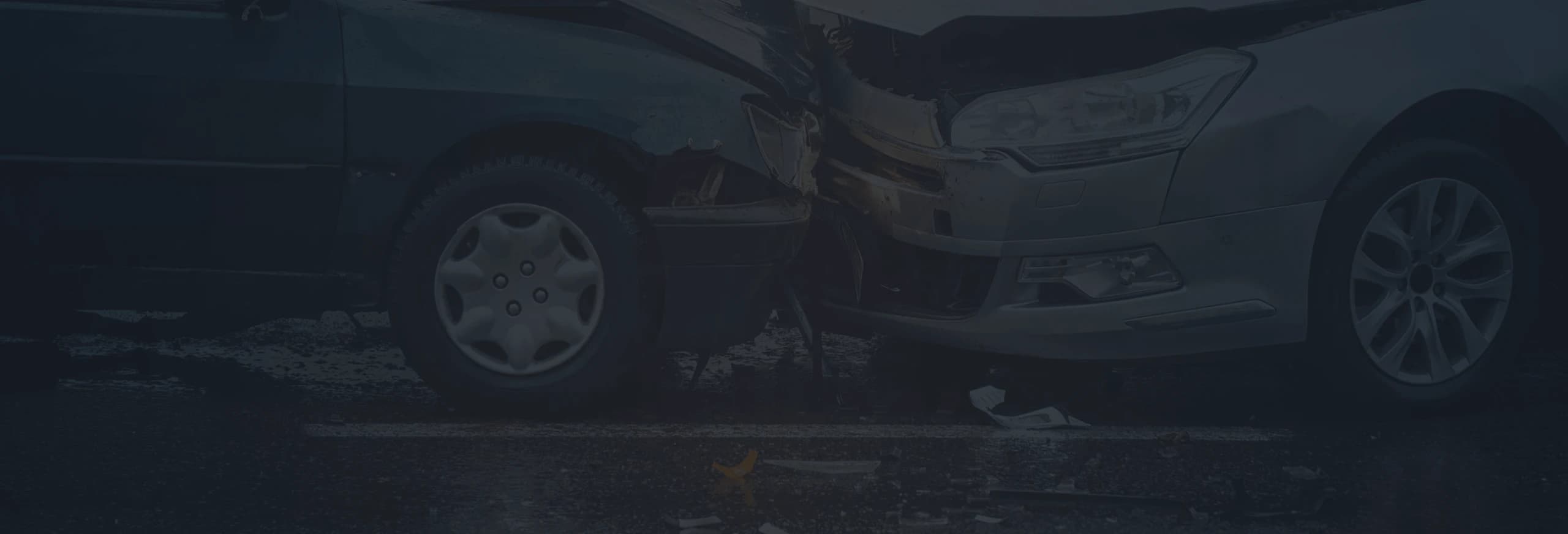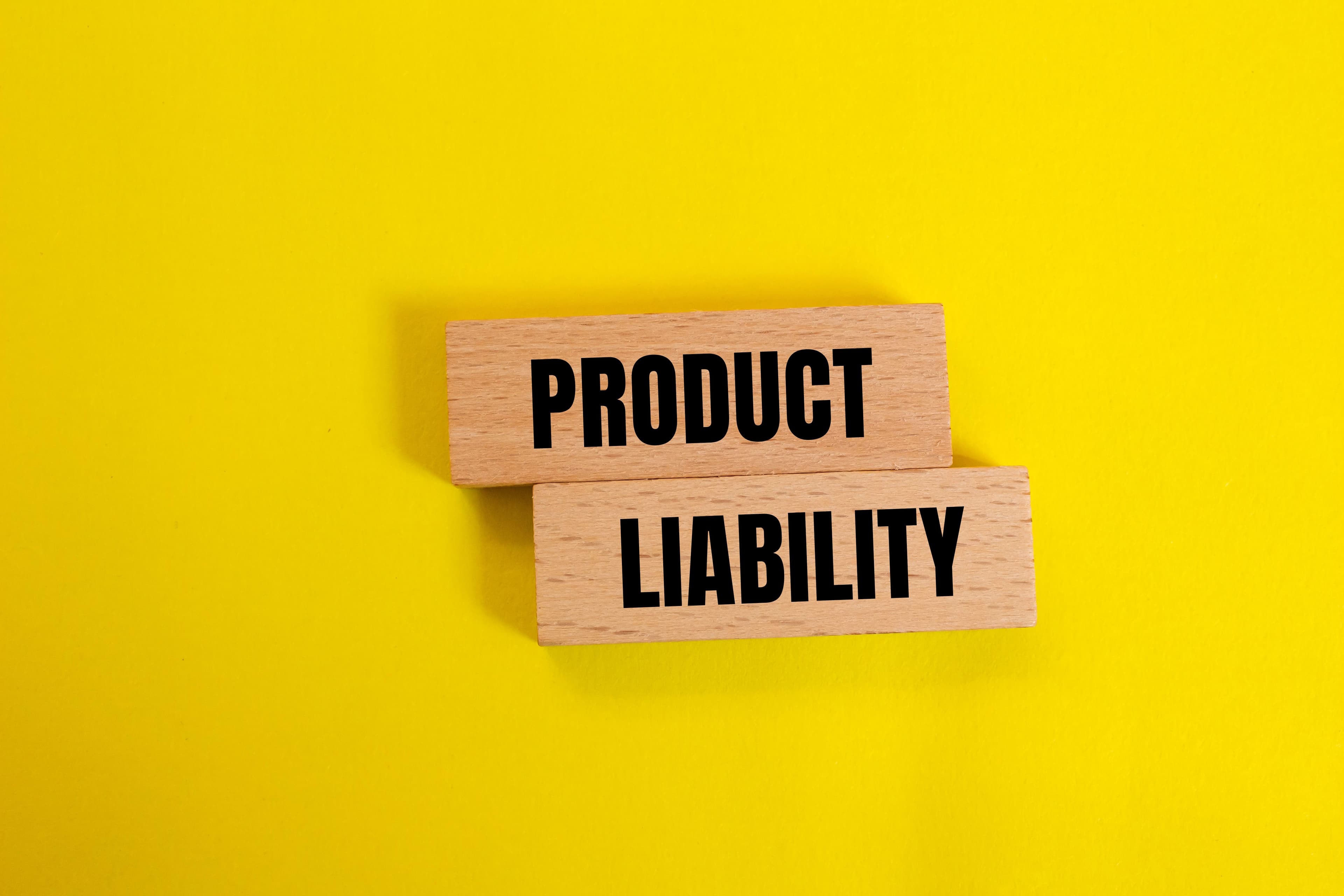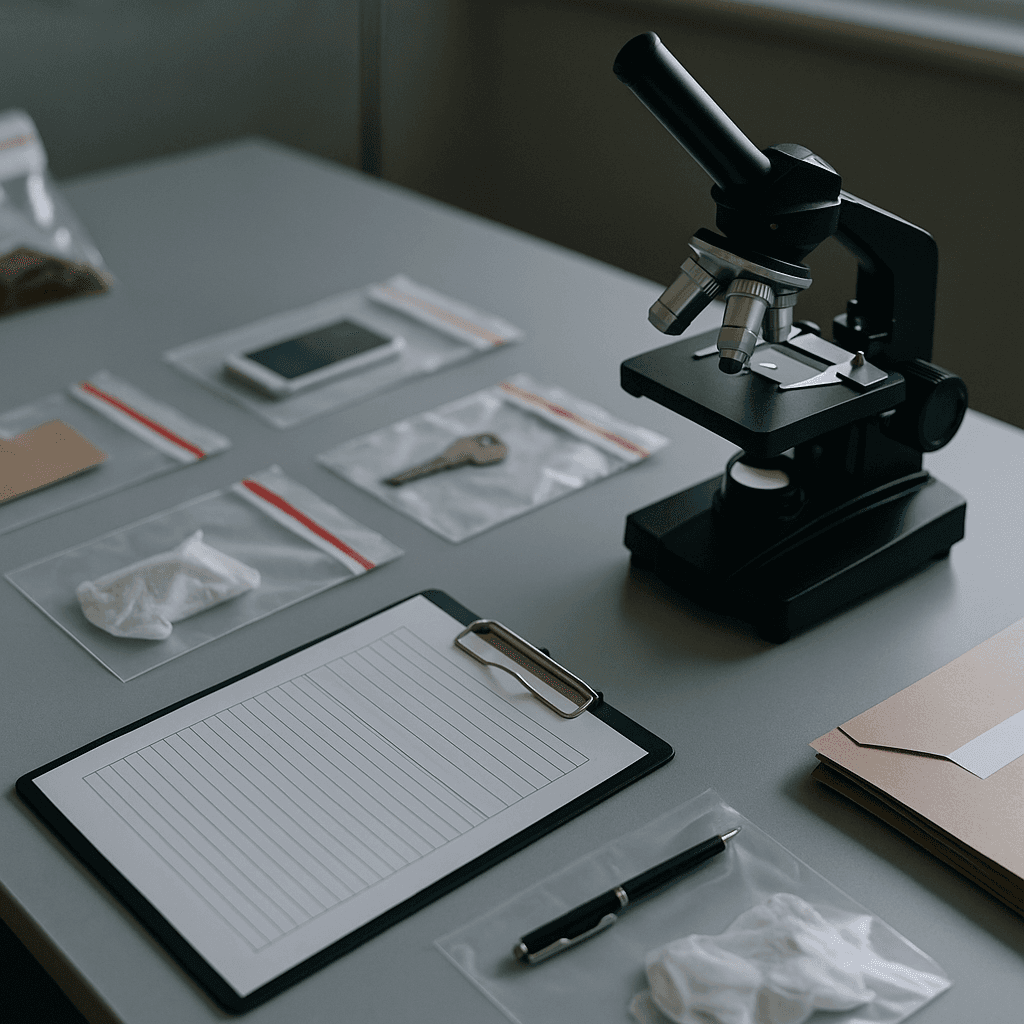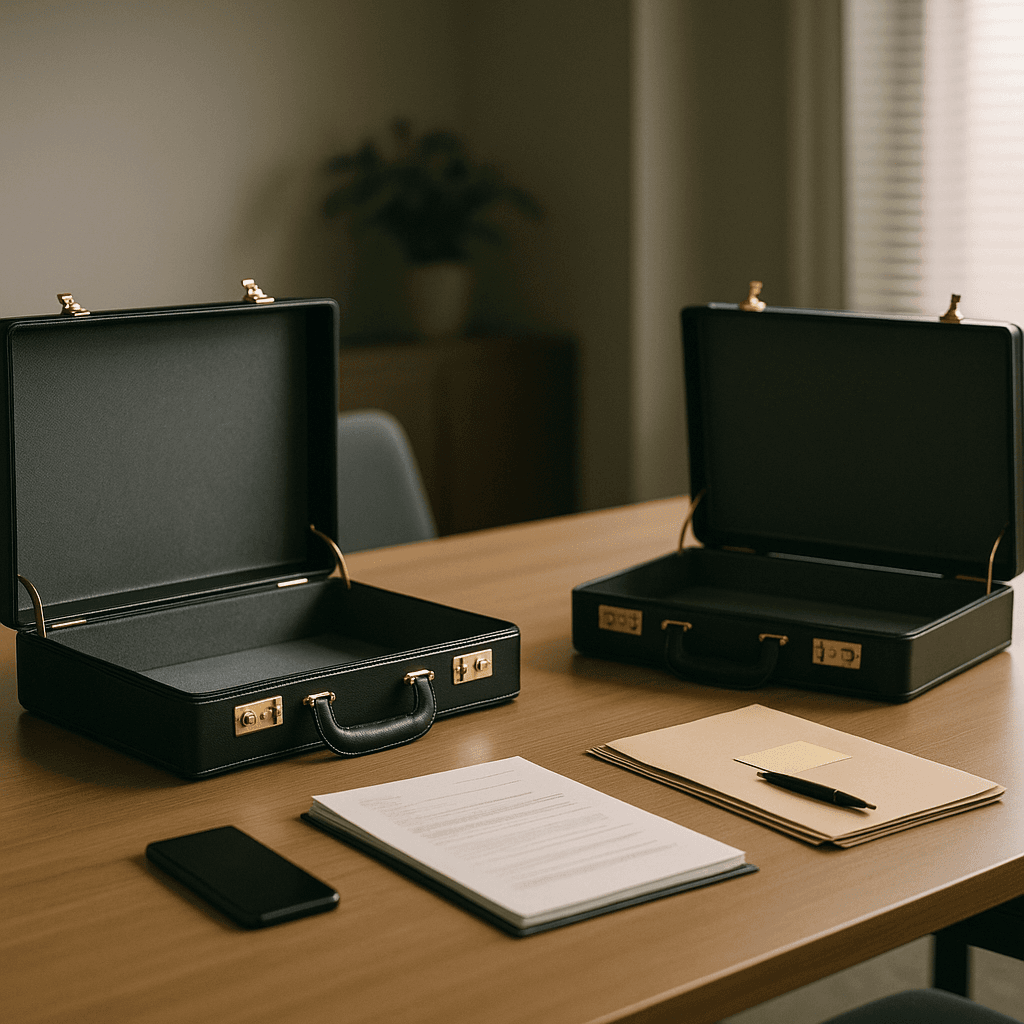
Four Types of Product Liability Claims

Andrew is whipping up dinner in his pressure cooker when suddenly, the machine explodes, dousing him with boiling-hot food and steam. Can Andrew sue the manufacturer for his hospital bills? Possibly.
Product liability claims arise when a product is defective in some way or when the manufacturer fails to warn consumers of its risks. Below, learn about a few common types of product liability claims and how a product liability lawyer can help.
Hurt by a Defective Product? You May Have a Product Liability Claim
When you buy a product, you expect it to be safe — not to blow up, leak dangerous chemicals, or catch on fire while you’re holding it. This is a perfectly reasonable expectation, and manufacturers have a responsibility to ensure that their products are safe and fit for sale before they go on store shelves.
Product liability is a branch of personal injury law that holds manufacturers responsible if someone suffers an injury because of its products. If you were hurt by a defective product, you could sue for medical bills, property damage, and non-economic damages such as pain and suffering.
Contact our team today so we can fight to help you get the compensation you deserve.
Common Types of Product Liability Claims
Product liability is more complicated than just saying, “This product injured me, so I’m going to sue.” To qualify for compensation, you must have evidence that the product was defective, such as manufacturing defects or design defects.
We’ll go over some common types of product liability claims below.
When Bad Manufacturing Practices Are To Blame
Manufacturing defects are fairly rare, but the consequences can be disastrous for consumers when they occur. Imagine a car without brakes or a piece of playground equipment without an important safety mechanism.
Manufacturing defects may occur when something goes wrong in the assembly line. Perhaps the assembly equipment isn’t calibrated correctly, or maybe it deposits walnuts into a food product that’s supposed to be nut-free.
Here’s an example of when you could sue for a manufacturing defect. Suppose you buy a lawnmower, and when using it for the first time, the blades go flying off and hit you in the ankle. Upon investigation, you find that the lawnmower’s blades weren’t attached properly.
The Product Doesn’t Do What It Says on the Tin
Sometimes, it’s not the manufacturer that is to blame for a faulty product but the designer. If a product’s design is faulty, it doesn’t matter whether the manufacturer does everything right. All products based on that design might be defective and, therefore, not meet consumer safety standards.
Design defects are a common element of class-action lawsuits against car manufacturers. For example, consumers have filed product liability claims against auto manufacturers for flaws like defective airbags, brakes, tires, and steering mechanisms. Any of these could cause a serious accident involving severe injuries and death.
Warnings, or Lack Thereof
If you were injured by a product because the manufacturer neglected to warn you about its risks, you could file a claim for failure to warn. Under product liability laws, manufacturers must provide clear instructions and clearly warn consumers about the possible risks of using the product.
Failure to warn is a common claim with medications. For example, a drug manufacturer might fail to list all of the side effects associated with a medication.
Keep in mind that you cannot sue for failure to warn if the risk is obvious. For instance, you couldn’t file product liability claims for falling off a ladder or cutting yourself with a knife.
Breach of Warranty
When a manufacturer claims that a product has a certain quality, and the product lacks this claimed quality, you may be able to sue for breach of warranty. This applies to both express warranties (explicit claims about a product) and implied warranties (the implication that a product is fit for use).
Note that before you can sue, you must first attempt to exhaust all other remedies, such as seeking a replacement product. Some warranties might also require you to resolve the issue through a neutral third party in mediation.
How Can You Seek Compensation for Injuries Caused by a Faulty Product?
If you were hurt by a faulty product, you have two options for compensation: suing for negligence or suing based on strict liability.
For a negligence claim, you’ll have to prove that the manufacturer acted negligently and that its negligence caused your injuries. For strict liability, the manufacturer is deemed automatically liable, so you do not have to prove negligence.
If you’re suing based on negligence, your lawyer will need to prove:
- The defendant owed you a duty to provide a safe, non-defective product.
- When the defendant sold you the product, it was defective.
- The product’s defect was the “actual and proximate cause” of your injury.
For a strict liability claim, the product must be defective and not have been altered after leaving the hands of the defendant. You must also have been using the product in a “foreseeable manner.” Note that some states don’t allow product liability claims based on strict liability.
Suing for breach of warranty is rarer than claims based on negligence or strict liability. To sue for legal compensation, the plaintiff must either be the actual purchaser or someone in their immediate family.
You may be able to sue based on either breach of implied warranty or breach of warranty of fitness. Breach of implied warranty is similar to strict liability in that you must prove the product is defective. Breach of warranty of fitness, on the other hand, lacks this requirement. Instead, you must prove that:
- You told the defendant of your specific needs for a product (for example, the weight, size, speed, etc.).
- The defendant claimed that they would produce the product according to those needs.
- The product didn’t meet your specifications
Free Consultation 24/7, call (844) 343-9609
Hurt by a Defective Product? Accident Hotline Can Help
Product liability claims can be difficult to navigate, and choosing the right injury lawyer to help you is a true challenge. When you work with Accident Hotline, you don’t need to face that manufacturer and its army of lawyers alone. Call (844) 343-9609, and we’ll connect you with the right product liability attorney near you.
For a free consultation, call (844) 343-9609
Blog Posts:

The Role of Expert Witnesses in Injury Litigation
Why Expert Witnesses Matter in Personal Injury Cases In personal injury litigation, facts alone are often not enough. While evidence like medical records, photographs, and witness statements paint part of the picture, juries and insurance companies frequently need context and explanation to understand the full scope of an injury and its impact. This is where expert witnesses play a pivotal role. Expert witnesses are professionals—often doctors, engineers, economists, or accident reconstruction specialists—who provide testimony based on their specialized knowledge. Their objective is not to advocate for one side but to clarify complex issues that require professional interpretation. In many cases, their opinions help bridge the gap between evidence and understanding, making them critical to achieving fair compensation.

How Insurance Companies Evaluate Injury Claims
How the Evaluation Process Really Works When you file a personal injury claim, the insurance company begins a process that is anything but simple. Behind every offer or denial, there's a calculated evaluation designed to protect their bottom line. Insurers use data-driven methods, past claim outcomes, and internal guidelines to assess how much—if anything—they believe your case is worth. The goal of the insurance adjuster is straightforward: to settle your claim for as little as possible while closing the file quickly. They'll review your medical records, accident details, and even statements you've made to determine liability and damages. The more organized and detailed your claim presentation, the harder it is for them to undervalue it.

The Dangers of Handling a Personal Injury Case Without Legal Help
Understanding What's at Stake After an accident, it's natural to want to resolve things quickly. Medical bills begin piling up, your work may be disrupted, and insurance adjusters often seem eager to "help." Many people believe they can handle their personal injury claim on their own—especially if the situation seems straightforward. But personal injury law is complex, and even minor missteps can lead to significant financial loss. Without professional guidance, you may underestimate your claim's value, miss critical deadlines, or make statements that insurers later use against you. The legal process is designed to protect both sides, and insurance companies have experienced professionals working to limit payouts. Without an equally skilled advocate on your side, you're at a clear disadvantage. That's why consulting a personal injury lawyer early in the process is often the difference between fair compensation and a costly mistake.

When Should You Switch to a Different Injury Lawyer?
Knowing When It's Time for a Change Choosing the right attorney after an accident is one of the most important decisions you'll make in your recovery journey. However, not every lawyer-client relationship is a perfect fit. Sometimes, despite your best efforts, you may realize that your current representation isn't meeting your expectations. Whether it's poor communication, lack of progress, or a sense that your case isn't being handled effectively, recognizing when to switch attorneys can make all the difference in the outcome of your claim. Switching to a new personal injury lawyer doesn't mean starting over from scratch—it means taking control of your case and ensuring it receives the attention and effort it deserves. Understanding what to expect from your legal representation can help you identify the warning signs that it might be time for a change.
Get an agent on the line in seconds
Responsive
Legal Assistance
Our personal injury attorneys advocate for the funds necessary to cover bills, secure medical treatment, recoup lost wages, and provide compensation for your pain and suffering.
Are you facing unfair treatment from the insurance company?
Do you know the value of your case?
Is the insurance company asserting that the accident is your responsibility?

We'll get back to you ASAP.
Get Your Free Consultation
You Pay Nothing Unless We Recover Compensation For You
